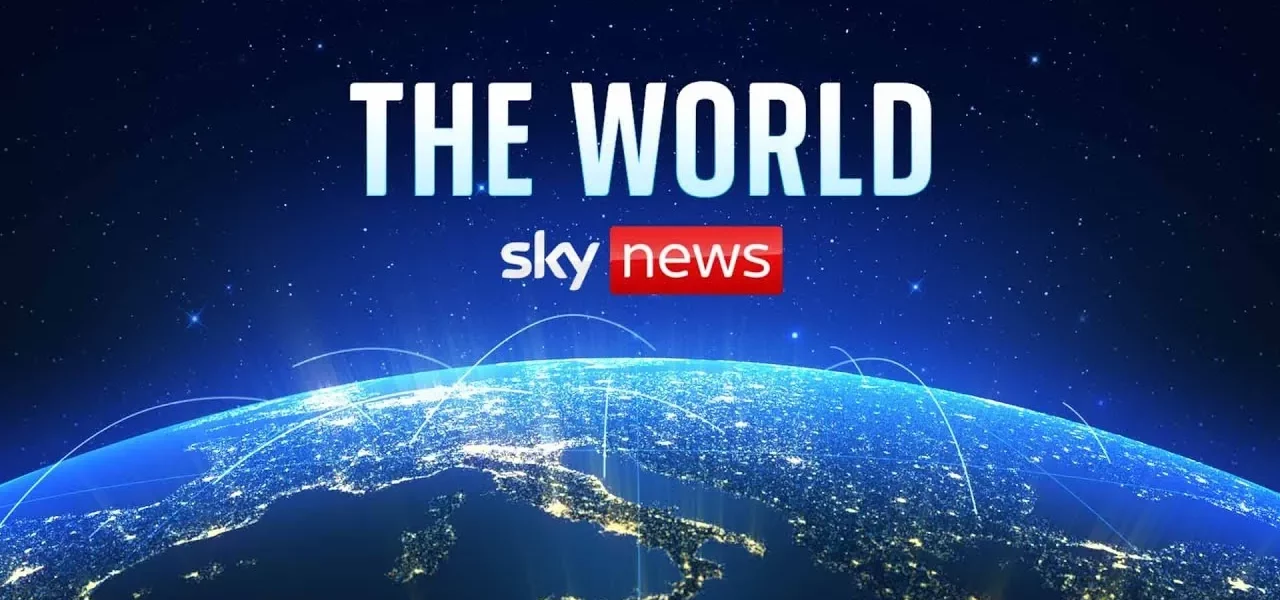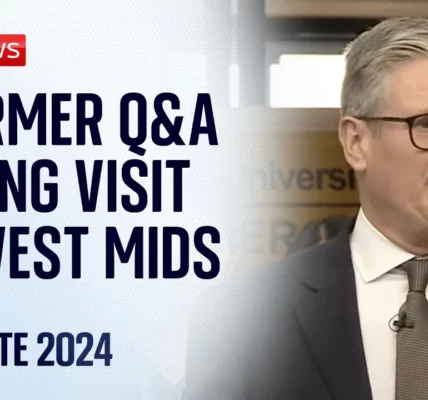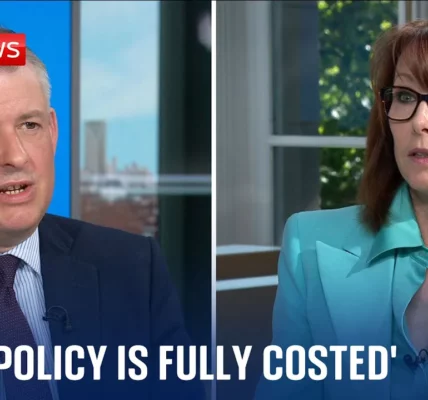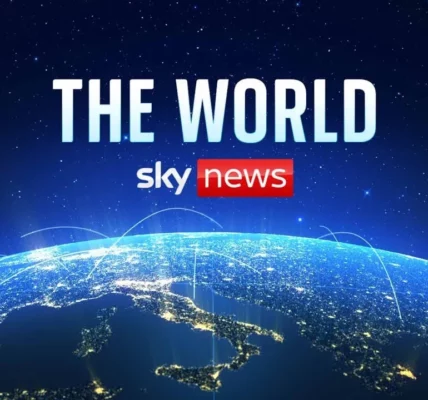Rare Video Evidence of Ethnically Motivated Killings in Sudan

The ongoing conflict in Sudan has escalated into a severe humanitarian crisis marked by ethnic violence, particularly against non-Arab tribes. This article delves into the recent atrocities, the historical context of the violence, and the international community’s response to the situation.
Introduction
Recent reports and video evidence have surfaced, highlighting the horrific ethnic violence that has plagued Sudan, specifically targeting non-Arab communities. As armed Arab militias, aligned with Sudan’s government forces, execute brutal attacks, the world watches in silence. This article aims to provide an in-depth analysis of the ongoing crisis, drawing parallels with the Darfur genocide of the early 2000s and questioning the lack of global response to these atrocities.
The Current Atrocities in Sudan
In a shocking series of events, armed Arab militias have been reported to hunt down and kill civilians in Sudan. These attacks have left hundreds dead and many more displaced. Here are some key points regarding the current situation:
- Over 73 civilians were killed in a single massacre last June.
- Nearly 13 million people have been forced to flee their homes.
- 25 million people are facing acute hunger due to the ongoing conflict.
Witness Accounts
Survivors of the violence have recounted harrowing experiences, describing how armed men stormed their neighborhoods, specifically targeting homes of non-Arab families. One survivor stated, “They never entered Arab houses; they only went to the houses of black people.” Such accounts paint a grim picture of the ethnic motivations behind these attacks.
Historical Context: Echoes of the Darfur Genocide
The current violence has drawn disturbing parallels to the Darfur genocide that occurred over 20 years ago, where around 200,000 people were killed. The Rapid Support Forces (RSF), originally formed as an Arab tribal militia, have been implicated in both atrocities.
The Legacy of Ethnic Violence
Historically, the conflict in Sudan has roots in colonialism and ethnic divisions exacerbated by political power struggles. The RSF’s actions today echo the systematic targeting of non-Arab tribes seen in the past. The cultural and racial rhetoric employed by the aggressors, such as “Victory to the Arabs,” underscores the continuing legacy of racism and violence in the region.
The Role of the International Community
The world’s response to the ongoing violence has been criticized as inadequate. Despite the clear evidence of ethnic cleansing and war crimes, international bodies have yet to take decisive action. Here are some points regarding international involvement:
- The United Nations has acknowledged credible reports of crimes against humanity committed by the RSF.
- Calls for humanitarian assistance have increased, yet access remains severely restricted.
- Advocates emphasize the need for an independent protection force to safeguard civilians in Sudan.
Calls for Action
Human rights organizations are urging for international accountability and the enforcement of an arms embargo to deter future violence. The lack of swift action from global leaders raises concerns about their commitment to human rights and the lives of civilians caught in the conflict.
Conclusion
The situation in Sudan is dire, with ethnic violence escalating and the international community largely unresponsive. As we reflect on the historical context and current atrocities, it is imperative that we demand accountability and action from our leaders. The people of Sudan deserve protection and recognition of their suffering. We must raise our voices and advocate for change to prevent further loss of life and promote peace in the region.
Call to Action: Stay informed about the crisis in Sudan and support organizations working to provide humanitarian aid and advocate for the rights of affected communities. Together, we can help bring attention to this “Forgotten War” and push for meaningful change.
“`




